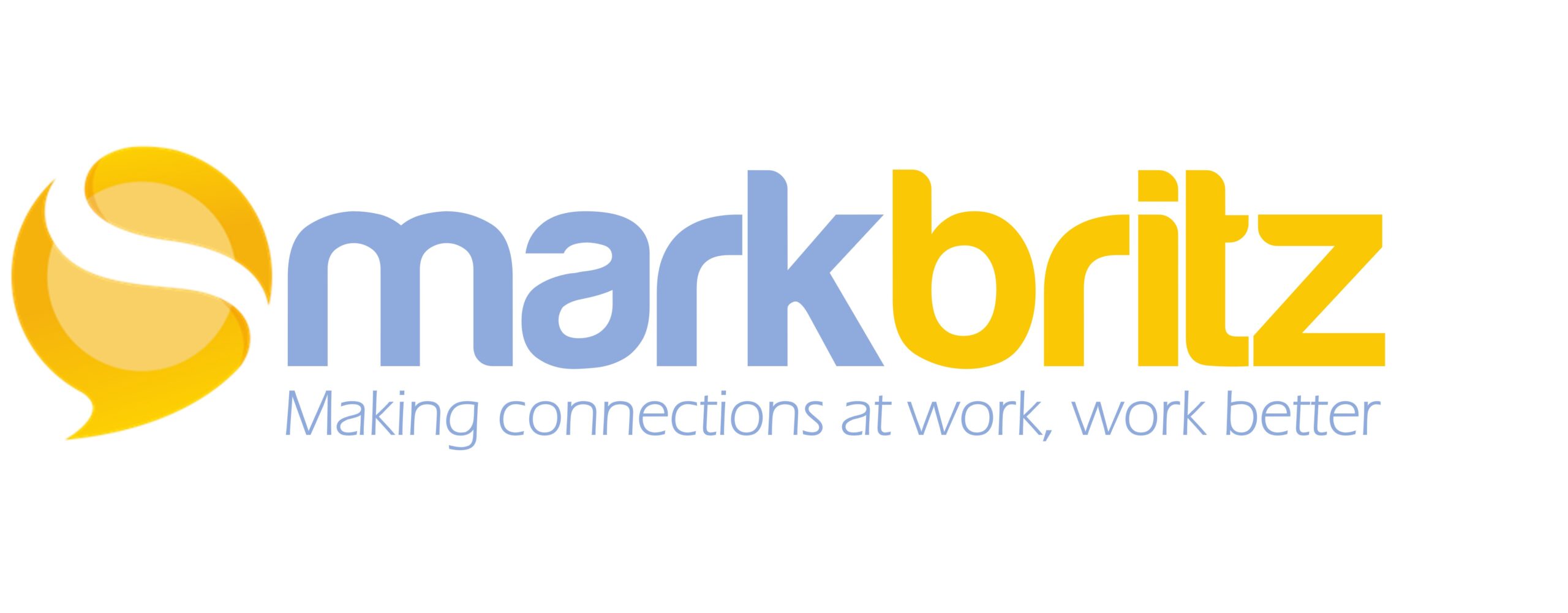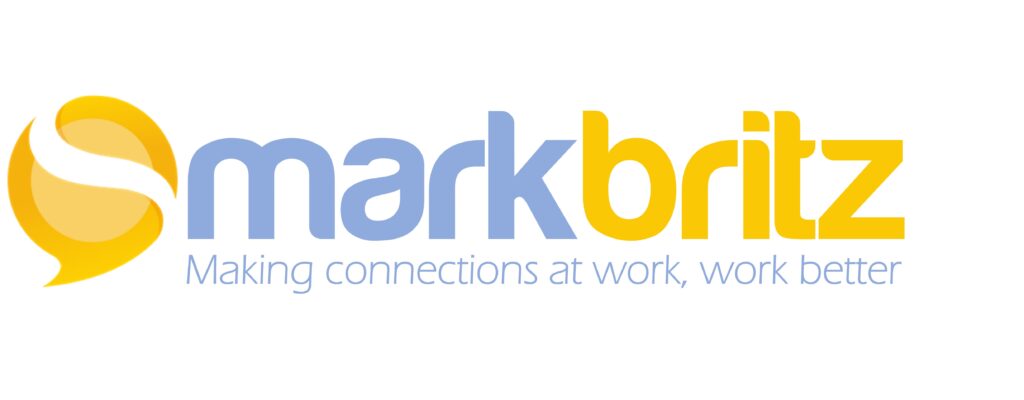I found myself inspired by the #wolweek (work out loud) movement that took place across the Web a few weeks ago. The concept is relatively simple; share what you’re doing, make the tools of your work visible and open so others can see, comment, and contribute. This means working in more public “spaces”. So if you followed #wolweek on Twitter, many people blogged about their work, successes, struggles, thoughts, questions, etc. Still others really opened the gates and let people see materials and prototypes.
I shared the concept internally in our ESN. I said:
…Organizations have the same opportunity to do this and reap the potential rewards within their own walls. In a small way we do this already without thinking. We ask questions of others in and outside of our ESN such as Who has a certain certification? Where can I find a form? What’s the best way to…? In each of these questions we really reveal a little about our efforts. Imagine then if the work that the answer to these questions fed was just as visible? Would we have to even ask as many questions anymore?
I didn’t get much of a response to the idea.
So….it’s been said that L&D is ideally positioned to lead organizations in Social Learning, Curation and Personal Knowledge Management (PKM); supporting people in learning how to learn independent of courses and classes. Of course doing this means L&D must let go of formal approaches and instead serve as coaches, models and guides. Most important in my opinion is the modeling. It really is the least intrusive action where others can see, reflect on, and if done right, feel they can approach to have meaningful conversations.  A little back story first. L&D in my organization has been moving (slowly) on an initiative to help create a mentoring culture. The idea is ultimately to 1st help new hires acclimate to life and work here by not only having material resources readily available but a real human resource to lean on. We always knew this how how people really get up to speed in an organization and the idea of finding a “buddy” has always been haphazard… left to the individual to figure out. What if this was just something we helped everyone with? What if each new person came aboard and in addition to their team and manager they had another they could just tap into. Having an expert available, get a question answered, and a few tips on “how it really works here” goes a long way. Can’t this model scale we thought? And so through research inside and out, we began the slow process of developing a multi phase program to not only to help new hires but also look to weave a program like this into the career path as well. Imagine someone desiring to be a manager and having to show that they can first successfully mentor another? Isn’t that the main job of a manager, to develop his/her people?
A little back story first. L&D in my organization has been moving (slowly) on an initiative to help create a mentoring culture. The idea is ultimately to 1st help new hires acclimate to life and work here by not only having material resources readily available but a real human resource to lean on. We always knew this how how people really get up to speed in an organization and the idea of finding a “buddy” has always been haphazard… left to the individual to figure out. What if this was just something we helped everyone with? What if each new person came aboard and in addition to their team and manager they had another they could just tap into. Having an expert available, get a question answered, and a few tips on “how it really works here” goes a long way. Can’t this model scale we thought? And so through research inside and out, we began the slow process of developing a multi phase program to not only to help new hires but also look to weave a program like this into the career path as well. Imagine someone desiring to be a manager and having to show that they can first successfully mentor another? Isn’t that the main job of a manager, to develop his/her people?
Behind the scenes, in our own silo, we talked, researched, developed, reviewed and shared all of this. And I thought it time we eat our own dog food (for lack of a better expression) regarding openness and transparency and WOL. We needed to practice what we preach and take what has been a young internal L&D initiative and make it very public – wild hairs, half-baked prototypes and conversations included. It was a perfect way to model open collaboration in the workplace and build proof of concept, help others see how it can scale, and ultimately open the door to conversations on how to get it going in their own areas. Our once hidden work and process is now available for all to see and comment on… and some have. In the end people outside our area can add much value by sharing their own experiences in mentoring with us, maybe post a few good documents and ideas we should consider in making this a reality. Maybe they will do nothing at all but “lurk” but at least now they are in the know and invited to the conversation.

